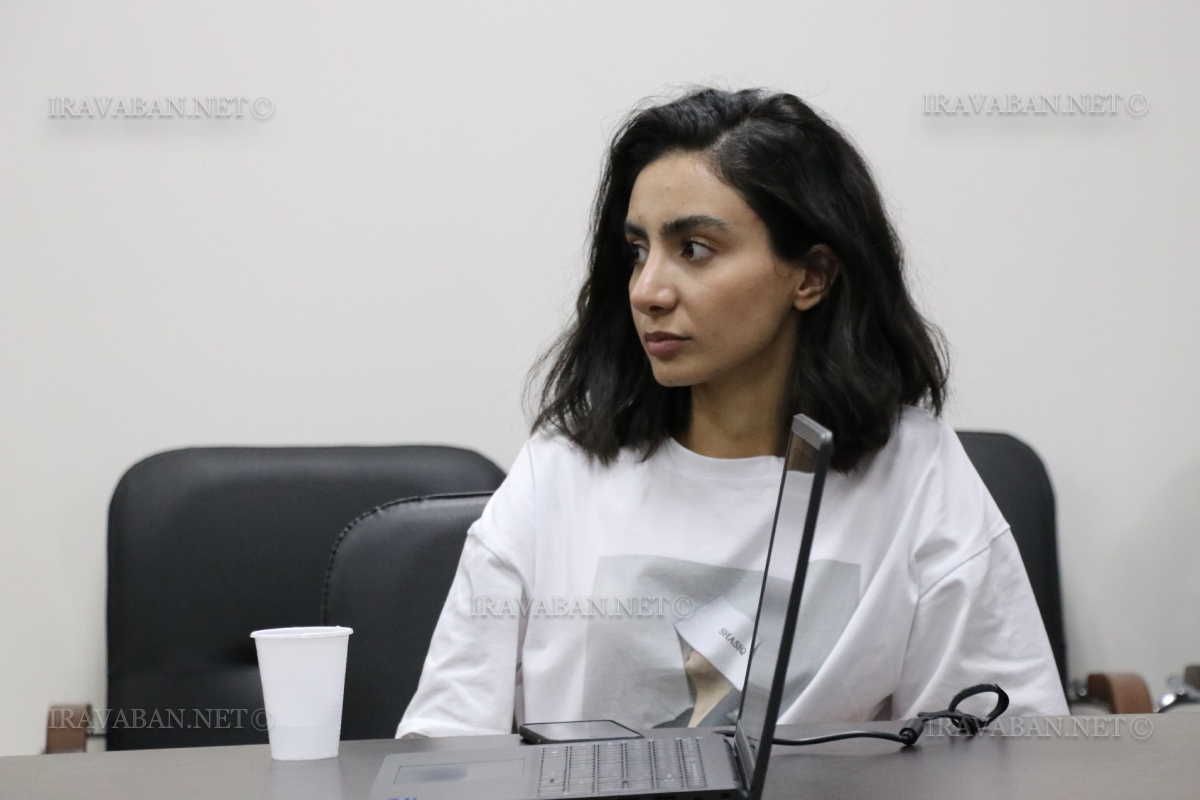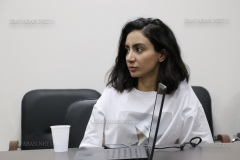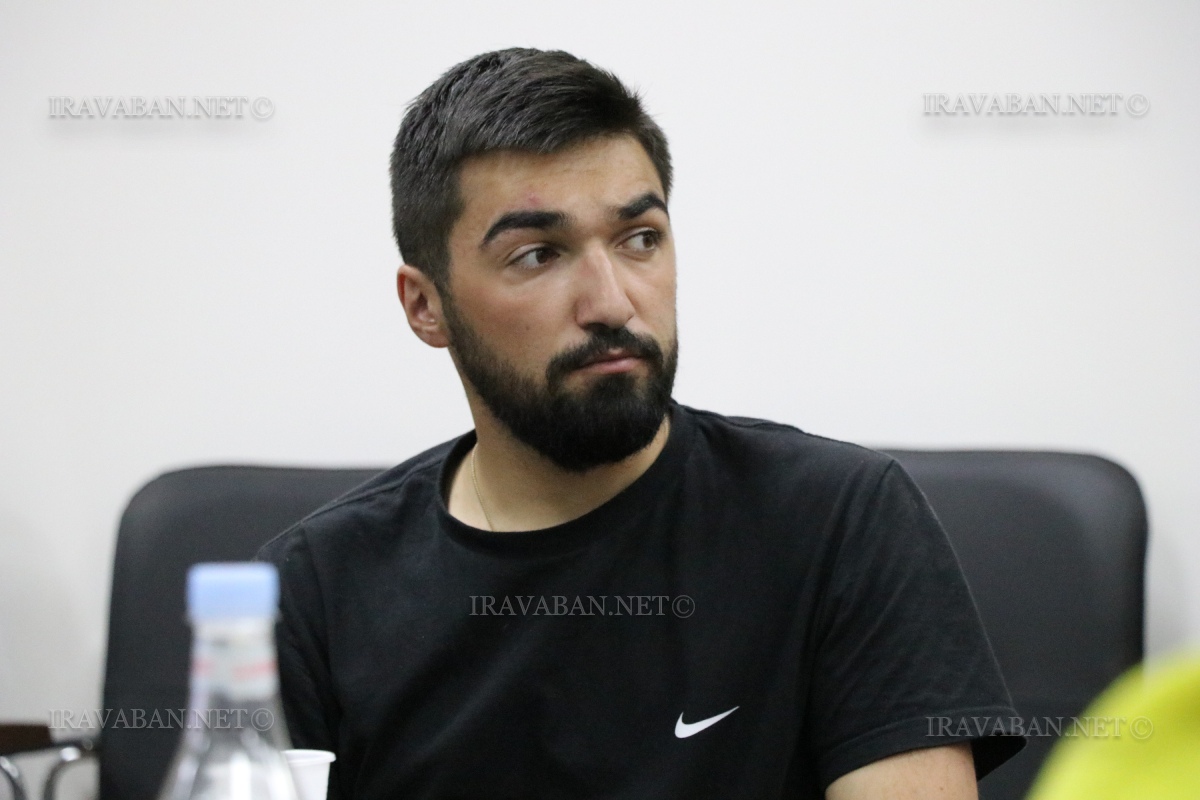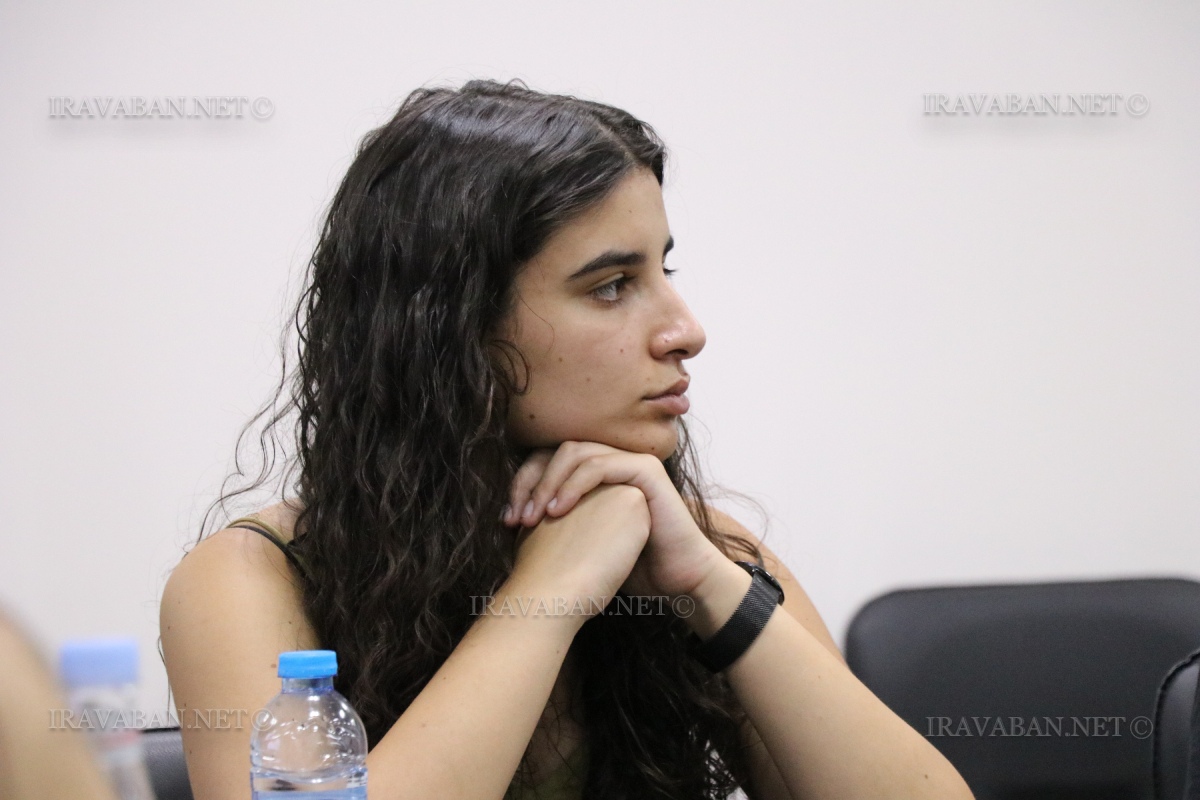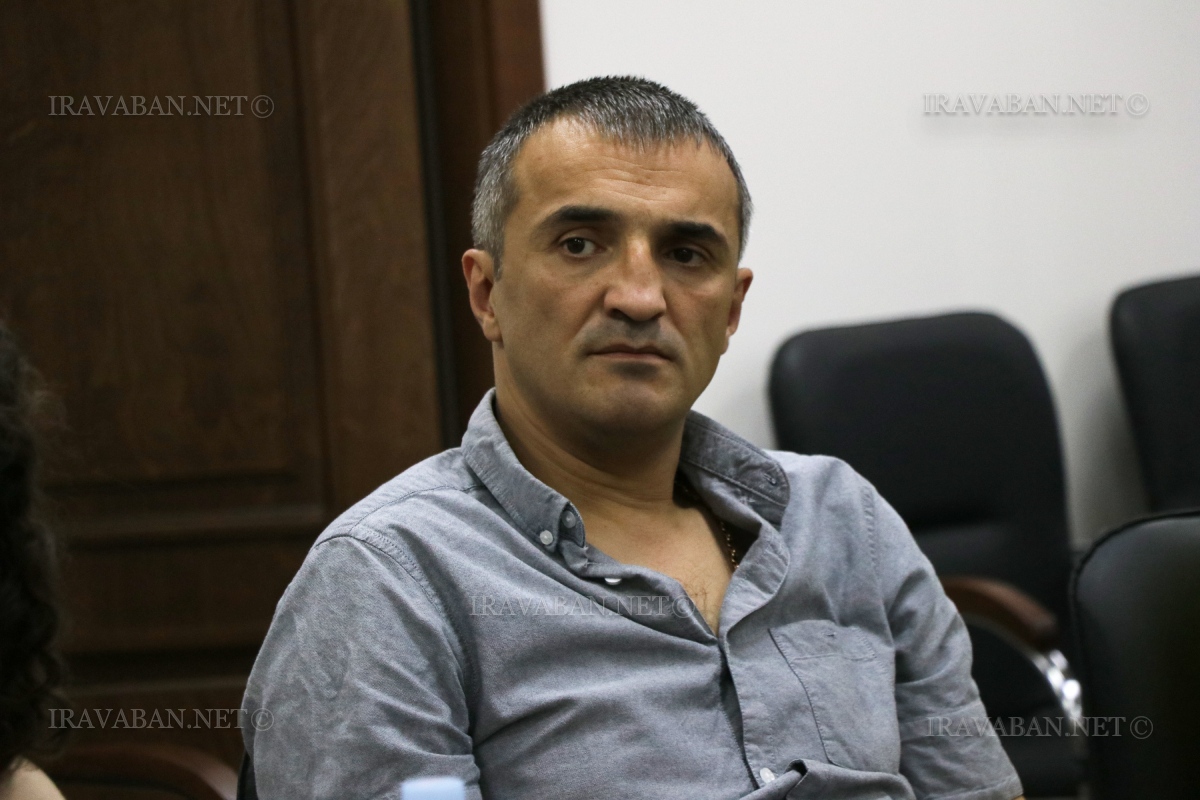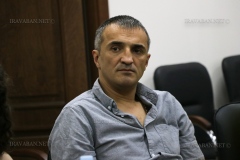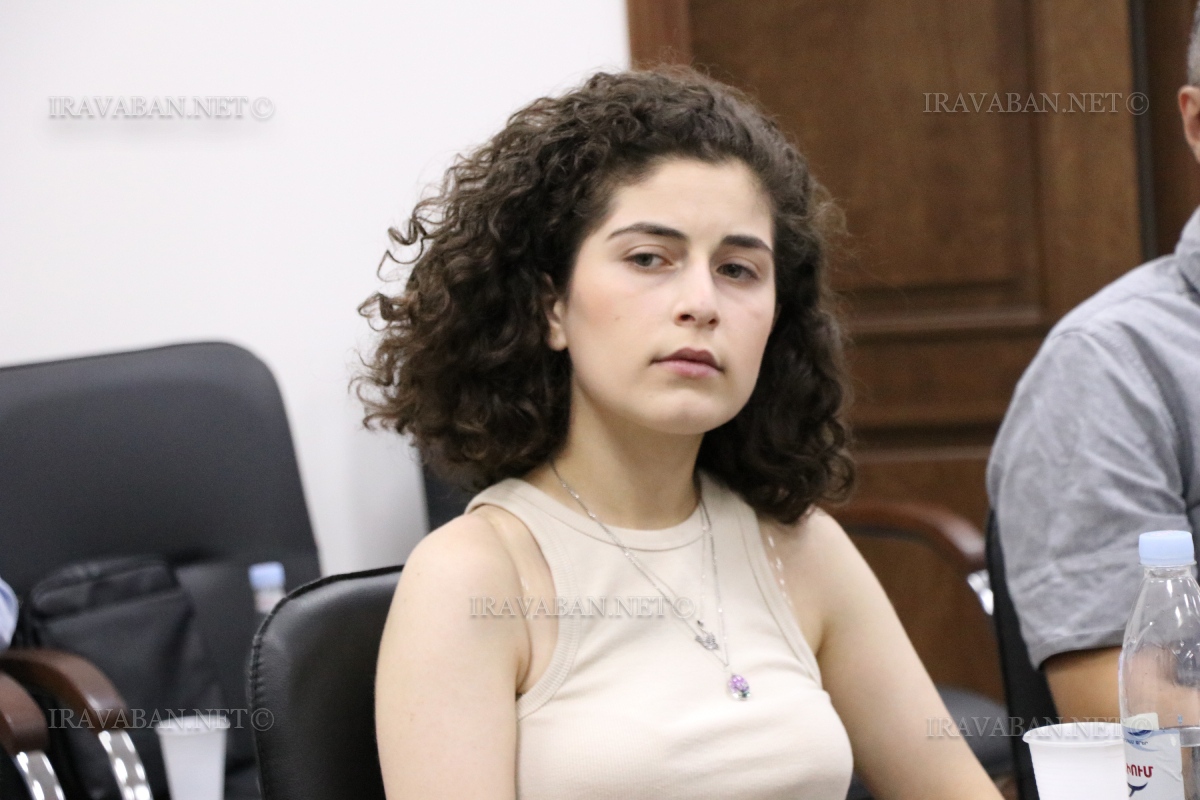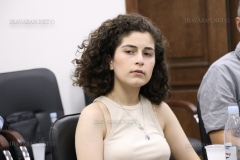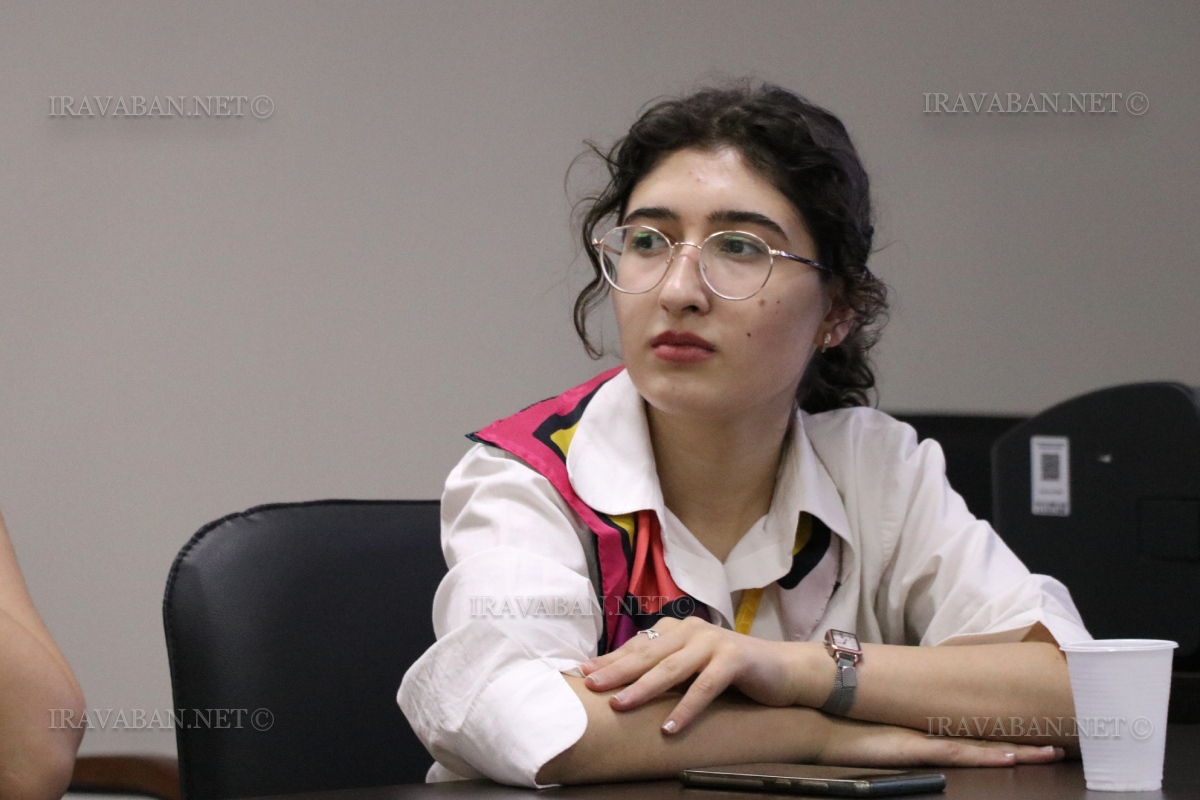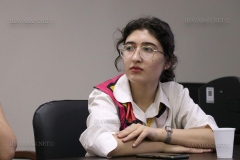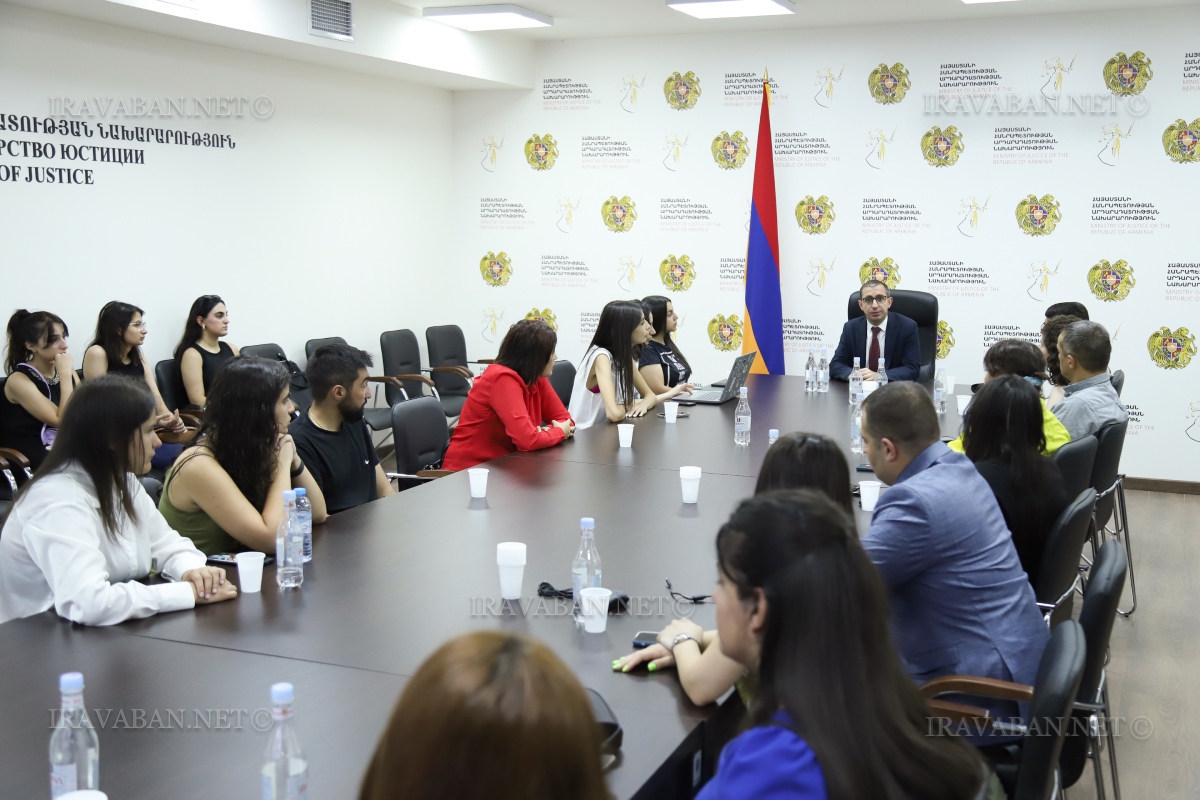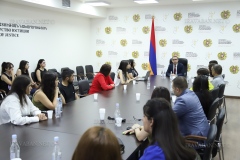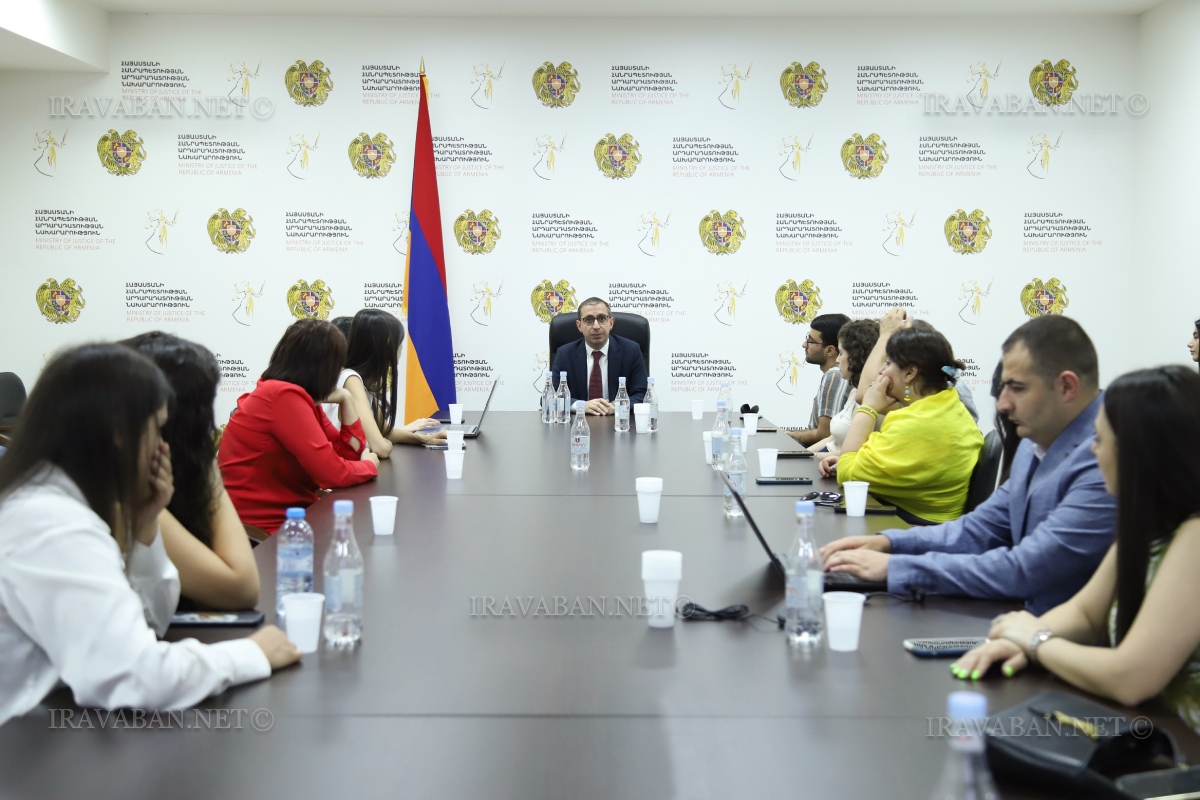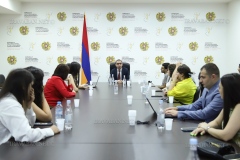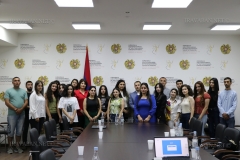Students of the Anti-Corruption School for Young Leaders visited the Ministry of Justice
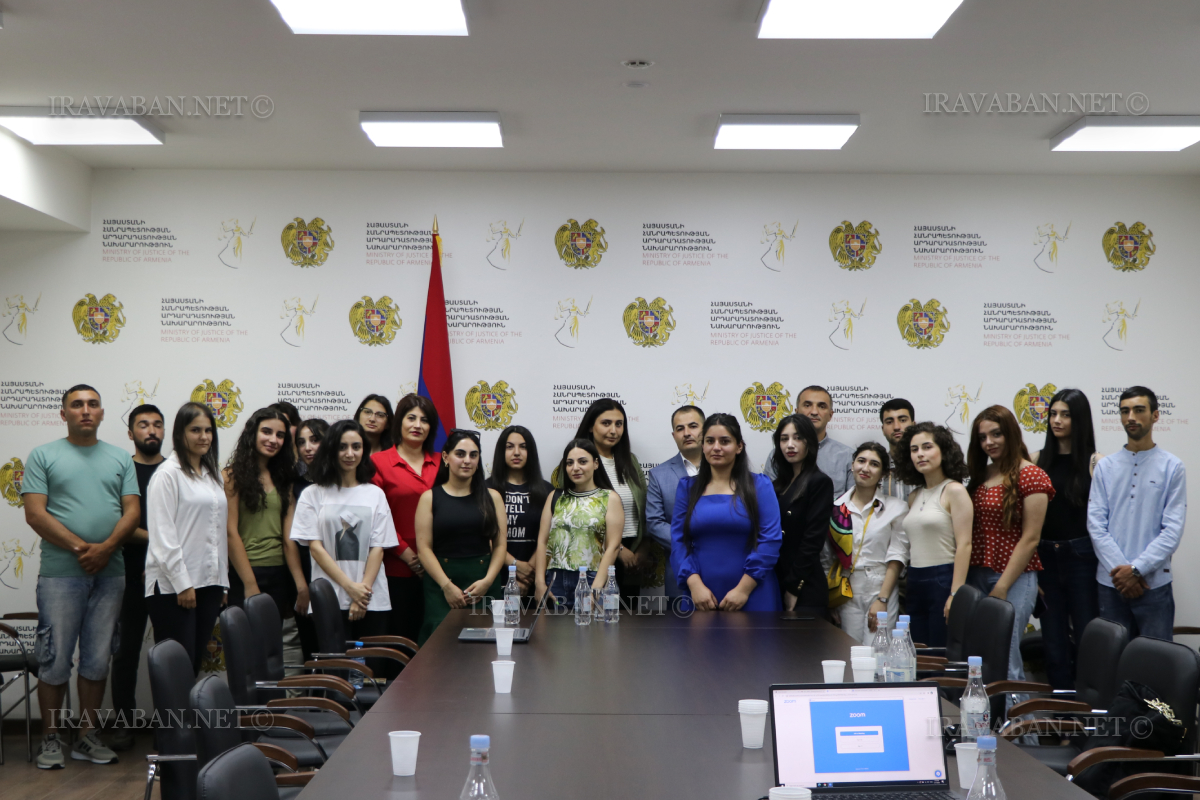
On 17 July, the students of the 9th stream of the Anti-Corruption School for Young Leaders, the 1st anti-corruption professional educational initiative operating in the Republic of Armenia, were hosted at the Ministry of Justice of the Republic of Armenia within the framework of the master classes and practical skills development phase of the 9th stream of the school. Deputy Minister Karen Karapetyan received the students
He emphasized that during the last 3 years, the entire institutional and legislative support for fighting and preventing corruption has been created in Armenia. By this, he meant the creation of the Corruption Prevention Commission and the Anti-Corruption Committee. “And the most important thing; this whole process was “furnished” by the creation of a new court in Armenia, a three-level Anti-Corruption Court.
The participants of the school had a number of questions related to the field of anti-corruption, in particular, regarding the whistle-blowing system, the strategy being developed and anti-corruption education.
One of the students, Arevik Harutyunyan, was interested in the process of developing the Anti-Corruption Strategy for 2023-2026. “It is already the 7th month of 2023, but we do not have a new strategy. Why didn’t the development work start earlier?’
Responding to the question, Karen Karapetyan noted that the “organic” works in the sector, the reforms that derive from the previous strategy, continue logically.
“Although the strategy has such a loud name, it does not mean at all that if there is no strategic guideline, guide or documentation in the state for a certain period of time, that sector has collapsed, people do not go to work, no work is done in that direction,” the Deputy Minister said.
According to Karen Karapetyan, the first 6 months were the critical period when the previous work had to be evaluated. “We have no deviation from the schedule set by the government program. We expect to have the approved strategy on the 3rd of October.”
It should be noted that the draft strategy has already been posted on the Unified Website for Publication of Legal Acts’ Drafts (e-draft). The Deputy Minister urged the attendees to be active, enter the system, leave opinions and suggestions regarding the draft.
One of the students, Marat Davtyan’s question was about the whistle-blowing system. “Did your expectations come true? What kind of statistics do you have?”
Karen Karapetyan mentioned that their expectations from the system were not fulfilled. According to him, azdararir.am does not show the efficiency they expected.
“We have summarized the statistical data and we are not satisfied with the level of application. Now we have undertaken a number of reforms. We are trying to expand the system further, so that in addition to being a reporting mechanism within the institution, it is also an external reporting mechanism. So that commercial organizations and citizens can use it. From that, we understood that the awareness component was also very weak. Currently we are developing a 6-12-month large-scale public awareness program,” the Deputy Minister noted.
During the meeting, the international commitments undertaken by Armenia in the fight against corruption were discussed as well.
Notably, the training in the Anti-Corruption School for Young Leaders will be organized in the following phases:
- ONLINE TRAINING PHASE, during which the students will pass a basic anti-corruption course consisting of 25 topics through the school’s online anti-corruption training platform. Those students who have completed all the knowledge test questionnaires and received the appropriate points for completing the online training will be considered completed the online training phase.
- MASTER CLASS AND PRACTICAL SKILLS DEVELOPMENT PHASE, during which students who have successfully completed the advanced stage of school will be divided into groups and each group will conduct a study, monitoring or investigation on one of the in-depth anti-corruption topics. During this phase, the work will be organized in the form of group meetings, discussions, and meetings with representatives of the sectors and other relevant bodies and organizations. Attendees will learn a range of innovative tools and gain related skills. At this stage, mentoring for groups is planned.
- PUBLIC AWARENESS PHASE, during which students who have successfully completed the practical skills development phase of the school will have the opportunity to disseminate their anti-corruption knowledge among young people through public awareness seminars.
- ADVANCED TRAINING PHASE, during which the best 15-20 participants who have achieved high results in the online training phase of the school, successfully completed the in-depth interview phase and are selected, will participate in the outreach (out of Yerevan) in-depth anti-corruption training. The in-depth training phase of the school will consist of the modules: “Anti-Corruption Advanced Training” and “Pillars of National Identity”.
- FINAL PHASE, during which the students, who have successfully completed the practical skills development and public awareness stages of the school, will present their research and public awareness results to the reputable jury and the public.
Students who have passed and successfully graduated from all five phases of the School will be awarded GRADUATION CERTIFICATES of Anti-Corruption School for Young Leaders.
“The Armenian Lawyers’ Association” NGO is organizing the Anti-Corruption School for Young Leaders in cooperation with the CSO Anti-Corruption Coalition of Armenia.
The information partner of the Anti-Corruption School for Young Leaders is Iravaban.net, independent professional news website.

